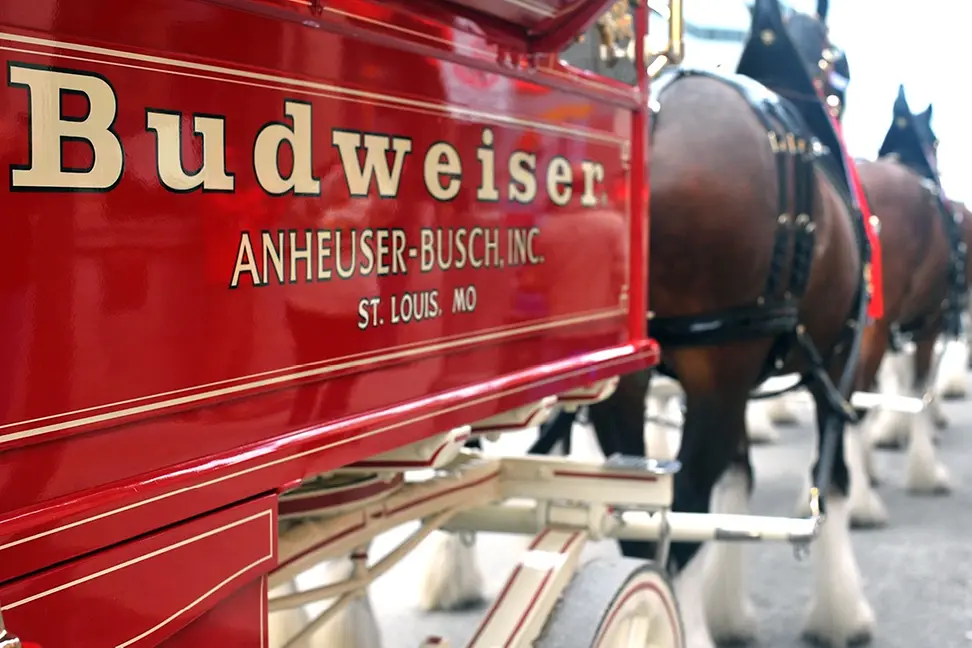- Home
-
Private banking
-
LGT career
Family businesses grapple with commercial interests, family dynamics, and tradition. Is there an ideal balance?

Peter Jaskiewicz, professor and university research chair in enduring entrepreneurship at the University of Ottawa Telfer School, knows more than most about the challenges that family businesses run up against. That's not only because it's his area of research.
Jaskiewicz grew up in a business family. Then, while studying for an MBA, his uncle, who headed the family firm, passed away. What happened next pitted family members against one another, left the company in tatters, and pushed Jaskiewicz to find answers so others wouldn't have to go through the same experience.
Families form businesses, then witness dramatic events and no one had answers. Regular consultants have very limited abilities to help with family dynamics.
One early insight was that traditional business curriculum didn't cover family dynamics, even though it can make or break a business. "All the financial knowledge was not helpful at all." Even though the business was "pretty successful," family dynamics got in the way. "I got fascinated. Families form businesses, then witness dramatic events and no one had answers. Regular consultants have very limited abilities to help with family dynamics," he said.
That fateful experience led Jaskiewicz into the study of entrepreneurship and family businesses. We recently spoke with Jaskiewicz about his research around how family businesses deal with succession and the role of tradition.
In your research, you explain how succession is an intersection of family and commercial interests. How do families deal with these sometimes opposing values?
Succession is different for family firms. Usually, when a business looks for a successor, they pick someone with the same credentials, amazing experience, and slightly younger. But in family firms, the next successor can be 35 years younger, and the person gets the job because they are a relative. That doesn't mean that they are not competent, but the name tells everyone who they are.
How do different family personalities affect legacy and succession?
Some families are very driven by purpose and legacy. Family dynamics make their business stronger than that of competitors. For others, rivalries and poor communication undermine their ability to lead and add value. You see the best and the worst in family businesses.
Succession also brings to mind mortality. After such a successful run, owners don't want it to end and want to improve. Some surveys show that close to 90% of family businesses don't have a formal succession plan. And having a plan doesn't mean much because many don't stick to it or don't have a full plan. Many founders identify so much with the business it's hard to let go, like amputating a leg.
LGT has been managed by the Princely Family of Liechtenstein for over 90 years.
Is there a particular leadership style that typifies family businesses that are successful with succession?
It depends. Many business owners have been very successful and believe no one can run the business the way they do. Then there are those who have the humility to realize that previous generations have been in the same situation and accept that the next generation will find a way. It's difficult in every generation – to bring out the best. They have to and need to believe in the kids.
What are some ways that families can prepare the next generation for succession?
Succession is a lifelong process that starts early – when the kids are just a few years old, hearing stories at the dining table. Then, it's having them do summer jobs in the business or flying to production facilities around the world, helping with trade fairs and new product introductions. Storytelling and making people identify with what the parents and previous generations created goes such a long way.
It's a very heavy duty to shoulder. We have seen amazing examples of entrepreneurship with families who identify with what they are doing, take the education or path to support knowledge creation for the business, get some work experience around the world and then come back full of ideas and energy to rejuvenate the business. Family can be the holy grail or the end of a dynasty.
What do you think of the perception that tradition can get in the way of innovation and that old family businesses are held back by tradition?
For a long time, people thought that tradition stops firms from doing new things. That if you do it this way, the recipe never changed. But family firms and tradition are more flexible than that. Family firms use their legacy of entrepreneurship and what they've done in the past to foster innovation and gain support for change. This rhetorical use of history gives family members a sense of belonging and reasons to be proud of what they have done and will continue to follow leadership into the future.
Families form businesses, then witness dramatic events and no one had answers. Regular consultants have very limited abilities to help with family dynamics.
How do families use their history to promote innovation? Could you give an example of this?
We see cases at large and medium-sized global firms that have drawn on what they've done in the past to legitimize changes. New Zealand's Gallagher Group has used narratives of the past about when they left Europe, the risks they made and the failures to make the point that they've been in business for 150 years as a family and have pushed through difficult situations but have always come out stronger.

Anheuser-Busch, which was a family company for more than a century before InBev acquired it, introduced many new tremendously successful beers using names from the past or drawing on old recipes. They created many new and innovative new products, but they were also selling themselves as having a tradition of being innovative. By using their history to create the perception that the company has a tradition of artisanship when producing beer, they gave their name an edge over others who don't have such a rich history to explain their products.
Are there other ways families leverage their histories?
Families are different in how they use their past to explain what they are doing. Having stories and identities around tradition can slow you down, but they can also be a strength.
There are also regional differences. In Europe, there is a stronger focus on history. The past is important to preserve and is part of identity. Japan is also very much rooted in tradition. Some other parts of the world are more future-oriented and individualistic. That doesn't mean it's either good or bad, it just means they use tradition differently.